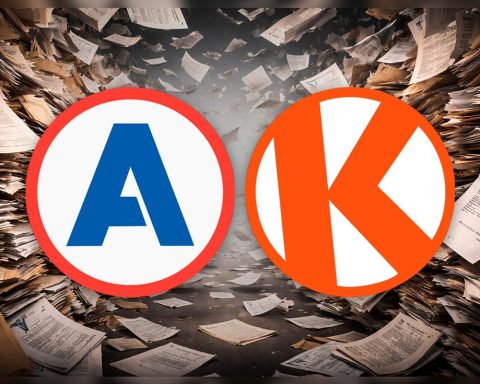The Friday October 7 was declared a non-working day for public sector workers on the occasion of the national holiday for the Combat of Angamos, which is celebrated this Saturday, October 8. Do you know what the following non-working days are?
The Supreme Decree 033-2022-PCM indicates that this Friday, October 7, people who rest must compensate for those hours. To this day will be added the holiday and, in addition, on Sunday, October 9, which is a usual rest.
In this way, people who rest can schedule walks, trips or family visits that will help reactivate tourism and other economic sectors. So that you can schedule yourself, find out which are the next non-working days that will make a festive bridge.
WHAT ARE THE NEXT NON-WORKING DAYS AFTER OCTOBER 7?
Next, these are the next non-working days for the public sector in 2022:
- Monday October 31: for All Saints’ Day, which is November 1.
- Friday December 09: Battle of Ayacucho.
- Monday December 26: at Christmas.
- Friday December 30: for New Year.
WHAT IS THE DIFFERENCE BETWEEN HOLIDAY AND NON-BUSINESS DAY?
Although you can rest on both days, take note of the differences:
Holiday
The holiday is a national holiday in which workers, both in the public and private sectors, can stop working. The same happens with the students, who stop going to their classes. In the event that an employee works on a holiday, he will receive additional remuneration, which is normally triple, even if it is Sunday.
Holiday
The non-working day is decreed by the government in power and is aimed at the public sector. In private, the employer will decide if their workers work or not. If in case an employee works normally, this does not mean that they will receive an extra payment, since he will only receive the same salary without increases. For those who rest, they must compensate those hours with overtime, work on Saturdays or consider them as part of the vacations.
FOR WHOM ARE NON-WORKING DAYS NOT APPLICABLE?
Private entities and companies that carry out health and sanitation services, cleaning and sanitation, electricity, water, drainage, gas and fuel, burials, communications and telecommunications, transportation, ports, airports, security, custody, surveillance, and transfer of valuables and sale of provisions and food; they are empowered to determine the jobs that are excluded from non-working days, and the respective workers who will continue to work, in order to guarantee services to the community, indicates the norm.

















